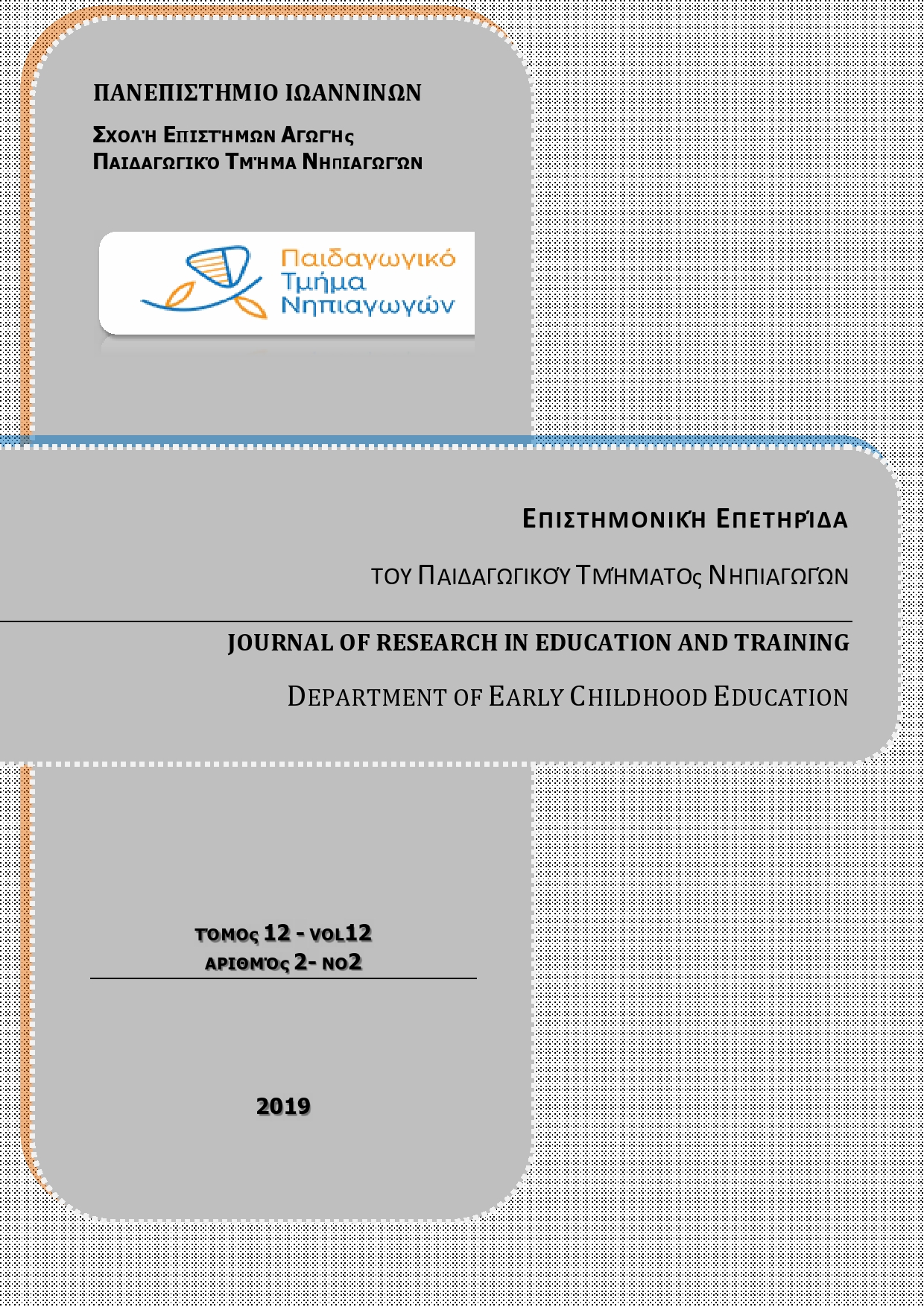The contribution of differantiated teaching to manage learning frustrations by learners a theoretical approach

Abstract
The negative feeling of frustration which could experience the student from the failure learning achievements can leads to events and extreme behaviors for him or for others with conflict characteristics, often unclassified intensity and consequences. As a reaction in this situation seem to help both the search for the causes and the manageability of the students a sense of frustration, and other structural and functional applicability of differentiated instruction, that the student be driven to self-negativity of feeling of frustration and instead create another box emergence of those emotions that the motivation to new efforts more systematic and organized. The emphasis is to motivation the mechanism of strengthen and activate, which in psychoanalysis, behaviorism and cognitive theory called as "motor strength" of the organization to deal with the negative result by identifying and managing the causes that caused it to avoid conflict with either himself but possibly with people of his entourage or those who develop interpersonal relationship and communication.
Article Details
- How to Cite
-
Fykaris, I. M. (2019). The contribution of differantiated teaching to manage learning frustrations by learners: a theoretical approach. Journal of Research in Education and Training, 12(2), 154–196. https://doi.org/10.12681/jret.19501
- Issue
- Vol. 12 No. 2 (2019)
- Section
- Articles

This work is licensed under a Creative Commons Attribution-NonCommercial-ShareAlike 4.0 International License.
Authors who publish with this journal agree to the following terms:
- Authors retain copyright and grant the journal right of first publication with the work simultaneously licensed under a Creative Commons Attribution Non-Commercial License that allows others to share the work with an acknowledgement of the work's authorship and initial publication in this journal.
- Authors are able to enter into separate, additional contractual arrangements for the non-exclusive distribution of the journal's published version of the work (e.g. post it to an institutional repository or publish it in a book), with an acknowledgement of its initial publication in this journal.
- Authors are permitted and encouraged to post their work online (preferably in institutional repositories or on their website) prior to and during the submission process, as it can lead to productive exchanges, as well as earlier and greater citation of published work (See The Effect of Open Access).


